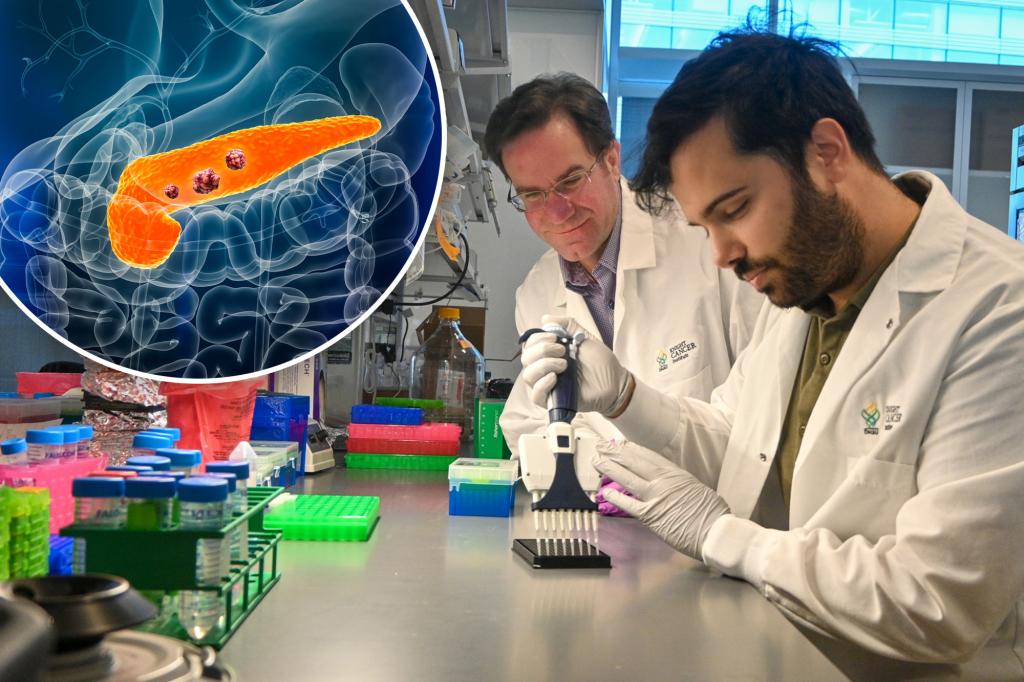
Get excited!
Researchers at Oregon Health & Science University have introduced a groundbreaking blood test, PAC-MANN, which promises to be less invasive, more affordable, and significantly more effective than conventional examination methods for pancreatic cancer. This innovation could open doors to a wider range of treatment possibilities and improve patient outcomes.
“The challenge with pancreatic cancer is that it’s often diagnosed too late,” said Jared Fischer, a scientist with the OHSU Knight Cancer Institute’s Cancer Early Detection Advanced Research Center (CEDAR).
“With PAC-MANN, our aim is to provide healthcare professionals with a tool to identify the disease much sooner, when patients have access to more treatment options and a greater likelihood of survival,” Fischer explained.
Understanding Pancreatic Cancer
The pancreas plays a crucial role in the digestive process, producing enzymes that aid in food breakdown and secreting hormones like insulin for blood sugar regulation.
While the precise origins of pancreatic cancer remain unclear, several factors such as genetic predispositions, smoking, obesity, diabetes, chronic pancreatitis, and excessive alcohol consumption can elevate one’s risk.
Pancreatic cancer is frequently diagnosed at advanced stages since it typically exhibits no early symptoms, making treatment options limited.
According to the American Cancer Society, approximately 67,400 individuals will be diagnosed with pancreatic cancer this year, resulting in nearly 52,000 fatalities.
The Potential of PAC-MANN
PAC-MANN was developed using blood samples collected from 350 patients, including those diagnosed with pancreatic cancer, those at high risk, and healthy controls.
The research team focused on detecting proteases, proteins in the blood that become more active in patients with the most common and aggressive form of pancreatic cancer.
PAC-MANN successfully differentiated between patients with pancreatic cancer and healthy individuals or those with non-cancerous pancreatic issues with an accuracy rate of 98%.
PAC-MANN also identified early-stage cancer with an 85% accuracy rate when combined with the CA 19-9 blood test. The typical turnaround time for this test, which assesses the level of cancer antigen 19-9, is one to two days.
“The main advantage of [PAC-MANN] lies in its cost-effectiveness: it requires just 8 microliters of blood and 45 minutes to perform the test, costing less than a penny per sample,” said Jose L. Montoya Mira, a research engineer at OHSU’s CEDAR and the lead author of the study. “This test could easily be utilized in rural or underserved areas where traditional testing methods are impractical.”
PAC-MANN has the potential to not only track treatment effectiveness but also aid in making informed therapeutic choices.
Future Directions
The findings from the study were published recently in the journal Science Translational Medicine.
Montoya and Fischer are planning further trials, including studies involving patients at high risk of developing pancreatic cancer.
“We hope,” Fischer remarked, “this represents a significant stride toward eradicating cancer as we know it.”









